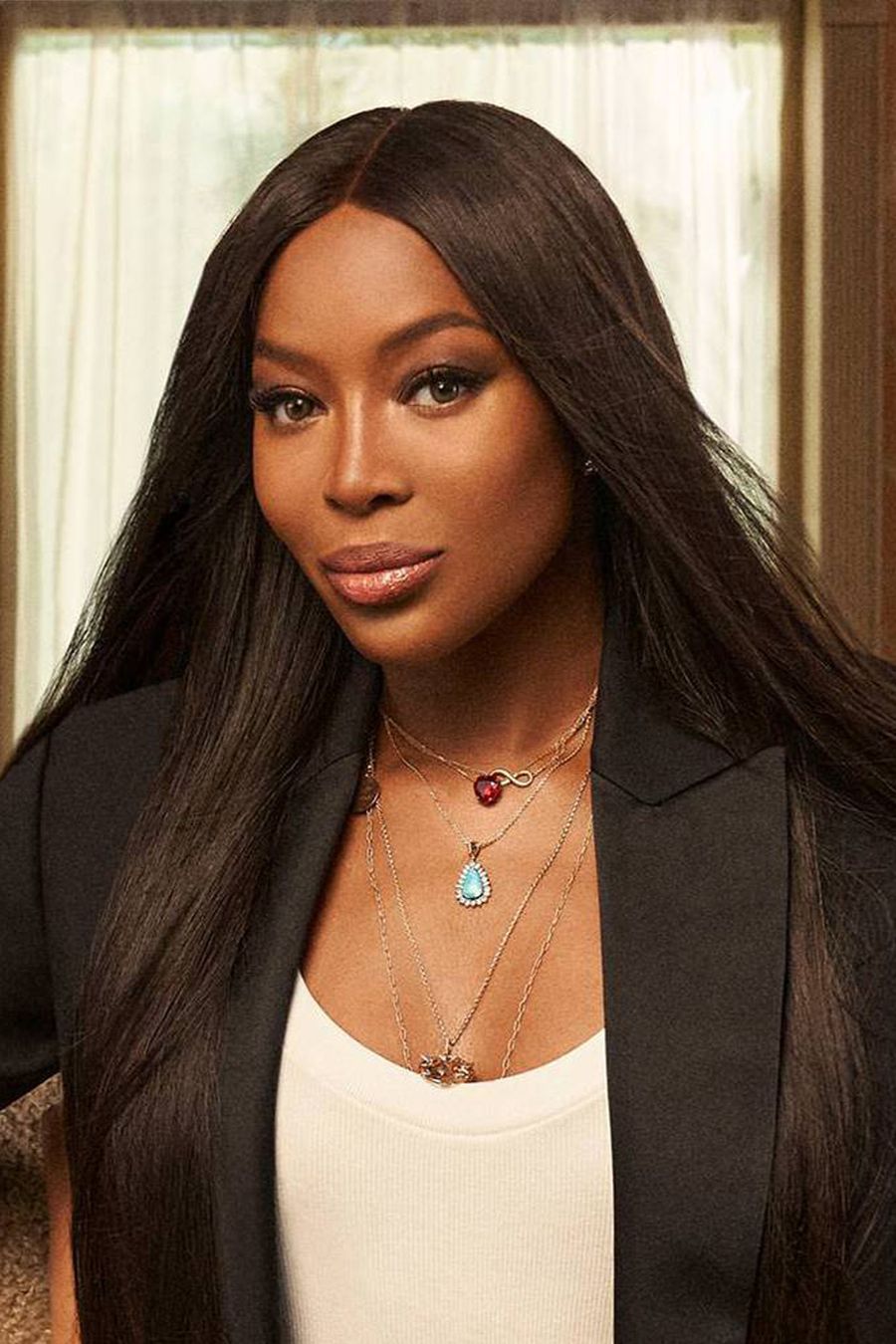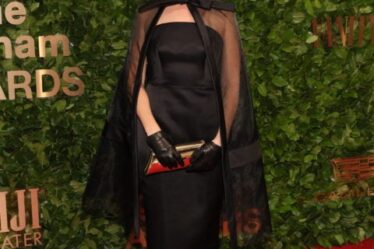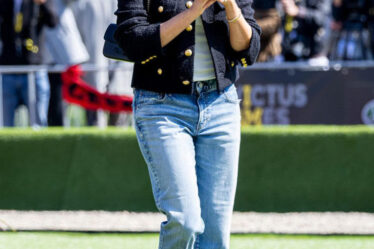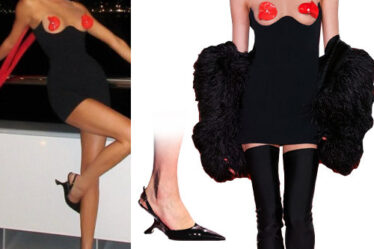
When it comes to the fashion industry’s progress on diversity, equity and inclusion, Naomi Campbell is somewhat of a barometer.
The British supermodel’s career spans nearly four decades: She has appeared on hundreds of magazine covers as well as in campaigns for luxury brands like Chanel, Louis Vuitton and Prada often as the first Black model to do so.
These days, she’s hardly the only Black woman to have done many of those things. In February, nine African models — Adut Akech, Majesty Amare and Janet Jumbo, among them — appeared on the cover of British Vogue; Chanel Iman, Winnie Harlow and Jourdan Dunn have walked the runways for luxury labels like Prada and Moschino; and Black designers like Theophilio, Sergio Hudson and Laquan Smith send dozens of models of colour down the runway each Fashion Month.
“To see magazines, the colour, the diversity — that makes me feel like all that we’ve been speaking about … has come to light and things are changing,” said Campbell. “But you always have to maintain — now, it’s about making sure everyone is treated fairly and equally.”
Campbell announced this week that she will teach a class on modelling fundamentals for the streaming platform MasterClass. The lessons will focus on modelling basics like how to pose and develop a signature walk as well as offer tips on how to find an agent and handle contracts.
But they’ll also delve into Campbell’s journey as a Black supermodel, including her efforts to help the industry become more inclusive. By design, the class is meant to help break down assumptions that modelling is an “untouchable, glamorous fantasy,” she said, inviting people who don’t necessarily fit the industry’s mould to participate.
“You don’t have to be a model to watch it or understand,” she said. “It could just be for self esteem, to make you feel good about yourself, and, obviously because it’s me it’s diverse.”
As part of the series, Campbell works with four London-based fashion models who are new to the industry and two of whom are ethnically diverse. The MasterClass, she said, is one of the ways she’s focusing on “maintaining” DEI progress rather than basking in it.
“Even with me till this day, I’m tested [as a Black model],” she said. “Nothing’s surprises me anymore. I’ll put it that way … I always worry that if I get [treated like] that then what are the younger generation of models getting?”
Big milestones for Black designers and models followed by long stretches of stalled movement have long characterised fashion’s diversity timeline. For instance, Campbell was celebrated in 1994 as the first Black woman to star in a Prada campaign but it took the Italian luxury label nearly two decades to cast another Black model, Malaika Firth, in 2013.
For an iconic fashion figure like Campbell, seeing the industry’s slow churn on diversity from the inside means she meets the present moment — where big fashion conglomerates like Kering and LVMH have all made commitments to boost diversity in everything from employee recruitment to runways shows — with a cautious optimism and an inherent responsibility.
“‘Why did it take so long?’ is a good question,” Campbell said. “But I’m not going to come this far and watch things revert back. I’m never going to let anyone make me feel like I used to feel before being that only person in the room.”



